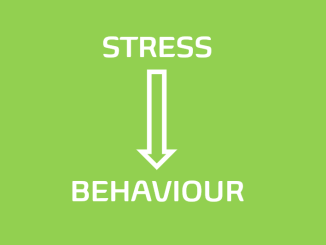To smack or not to smack? It’s an age-old question that still seems to divide opinions between parents and experts alike.
As a Child and Youth Counsellor, I like to stay up to date with the latest scientific research to help me best decide my position on different topics.
And the topic of smacking (or corporal punishment as it is otherwise known) is a topic that I think deserves a lot of attention and careful consideration.
The question is, is smacking a child doing them damage or helping them learn how to behave?
Well, a new study has found that you may be doing more harm than good if smacking is part of your punishment approach.
Researchers from Florida State University in the U.S.A. found smacking children might impact the child’s neural systems and this can mean an increased risk for anxiety and depression.
They say their study found a link between the violent action of smacking, particularly when it is inflicted by a parent, and evokes a complex emotional experience in the child.
How did they determine these results?
The researchers conducted a longitudinal study on 149 boys and girls aged between 11 and 14.
Participants performed a video game-like task and a monetary guessing game while undergoing continuously recorded EEG (electroencephalograph – a noninvasive technique to measure brain-wave activity from the scalp).
From the EEG data, the researchers determined two scores for each participant – one reflecting their neural response to error and the other reflecting their neural response to reward.
Two years later, participants and their parents completed a series of questionnaires to screen for anxiety and depression and to assess parenting style.
As expected, kids who had experienced corporal punishment were more likely to develop anxiety and depression.
“Our paper first replicates the well-known negative effect that corporal punishment has on a child’s wellbeing: we found that corporal punishment is associated with increased anxiety and depressive symptoms in adolescence. However, our study goes further to demonstrate that corporal punishment might impact brain activity and neurodevelopment,” – Kreshnik Burani, researcher.
In a nutshell, the research determined a link between corporal punishment and increased neural sensitivity to making errors and decreased neural sensitivity to receiving rewards in adolescence.
So, as time goes on, punishments might carry less weight, and reward schemes and the like become less effective, thus making parenting the child even more difficult.
While the increased neural response to errors is associated with anxiety and risk for anxiety, and this decreased neural response to rewards is related to depression and risk for depression.
Some food for thought for parents everywhere.



